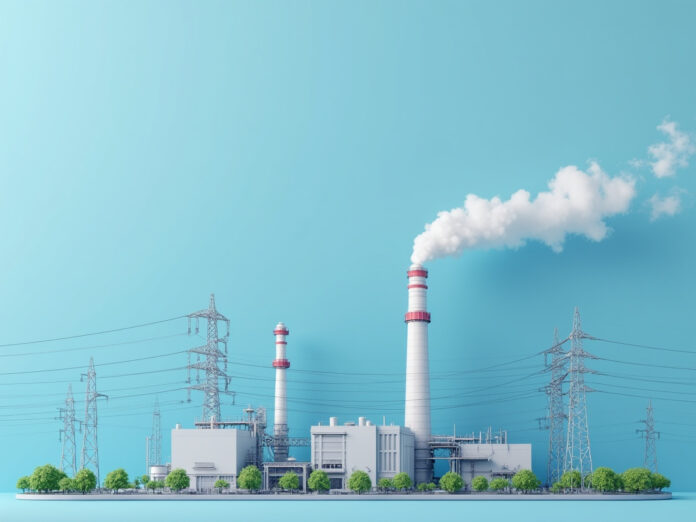The government has renegotiated Power Purchase Agreements (PPAs) with over eight Independent Power Producers (IPPs) established under the 1994 and 2002 Power Policies to recover excess payments and reduce capacity payments.
According to a report published by Business Recorder, quoting official sources, agreements have been reached with over eight IPPs, with the remaining deals expected to be finalised in the next two weeks. The revised agreements address consumer grievances about overpayments while ensuring future savings.
The energy task force, chaired by Federal Minister for Power Sardar Awais Khan Leghari and including SAPM on Power Muhammad Ali, regulatory officials, and power sector experts, has been in rigorous negotiations with IPPs. These discussions have focused on curbing excessive profits, revising financial gains, and settling overdue payments.
Earlier, the government has shut down five power plants operating under these agreements, saving Rs60 billion annually and an estimated Rs400 billion in future capacity payments. The task force is working on recovering excess payments through adjustments in future disbursements.
Negotiations have also resulted in delinking bagasse (a by-product used in power generation) from international coal prices and shifting it to rupee-based pricing, a change now awaiting cabinet approval.
The committee expressed dissatisfaction with NEPRA’s failure to determine exact overpayments and highlighted inefficiencies, such as IPPs operating at 25% capacity while receiving full capacity payments.
It recommended transitioning the power market to a competitive model where the government exits power generation and tariff setting, leaving it to private sector players.
The task force aims to complete negotiations with the remaining IPPs within three to six months. The government is also considering broader structural reforms to reduce reliance on dollar-based returns and ensure a more sustainable and consumer-friendly power sector.
A Senate Standing Committee report revealed that 16 IPPs under the 1994 Power Policy recovered their investments within 2-4 years while generating profits exceeding Rs415 billion against a combined capital of Rs518 billion. Dividends amounting to Rs310 billion were distributed. Some projects achieved returns as high as 18.26 times the original investment, raising concerns over the fairness of agreements.
The committee identified key issues, including inflated project costs, high tariffs compared to similar countries, and excessive returns. For instance, in India, returns were set at 16% in local currency, while in Pakistan, IPPs were guaranteed 13-17% returns in US dollars, with additional equity returns during construction.




